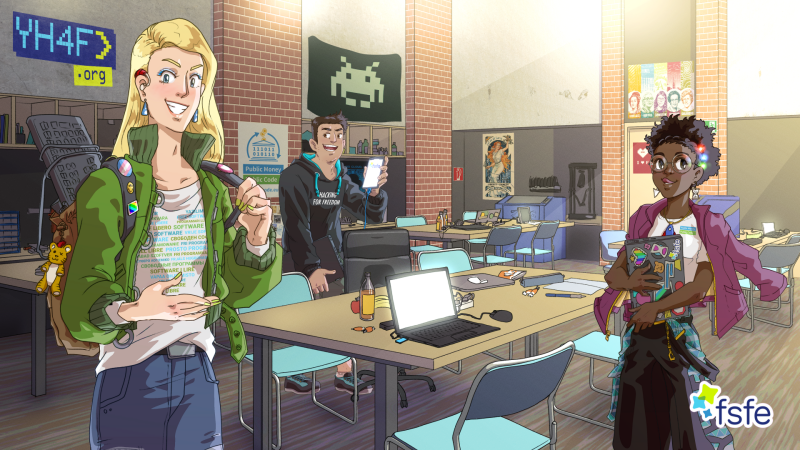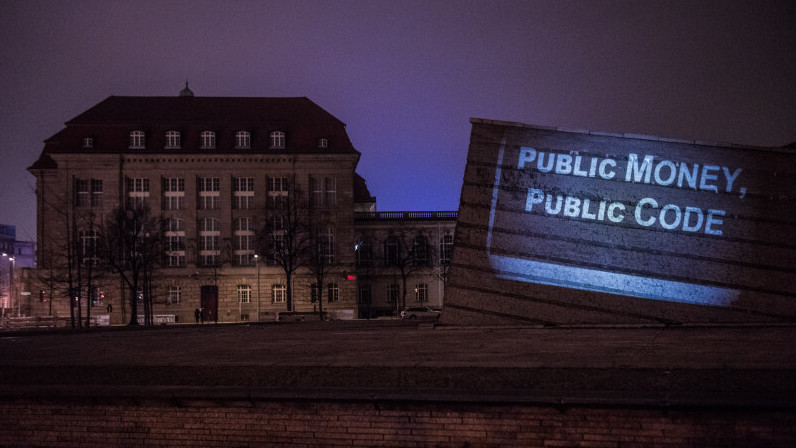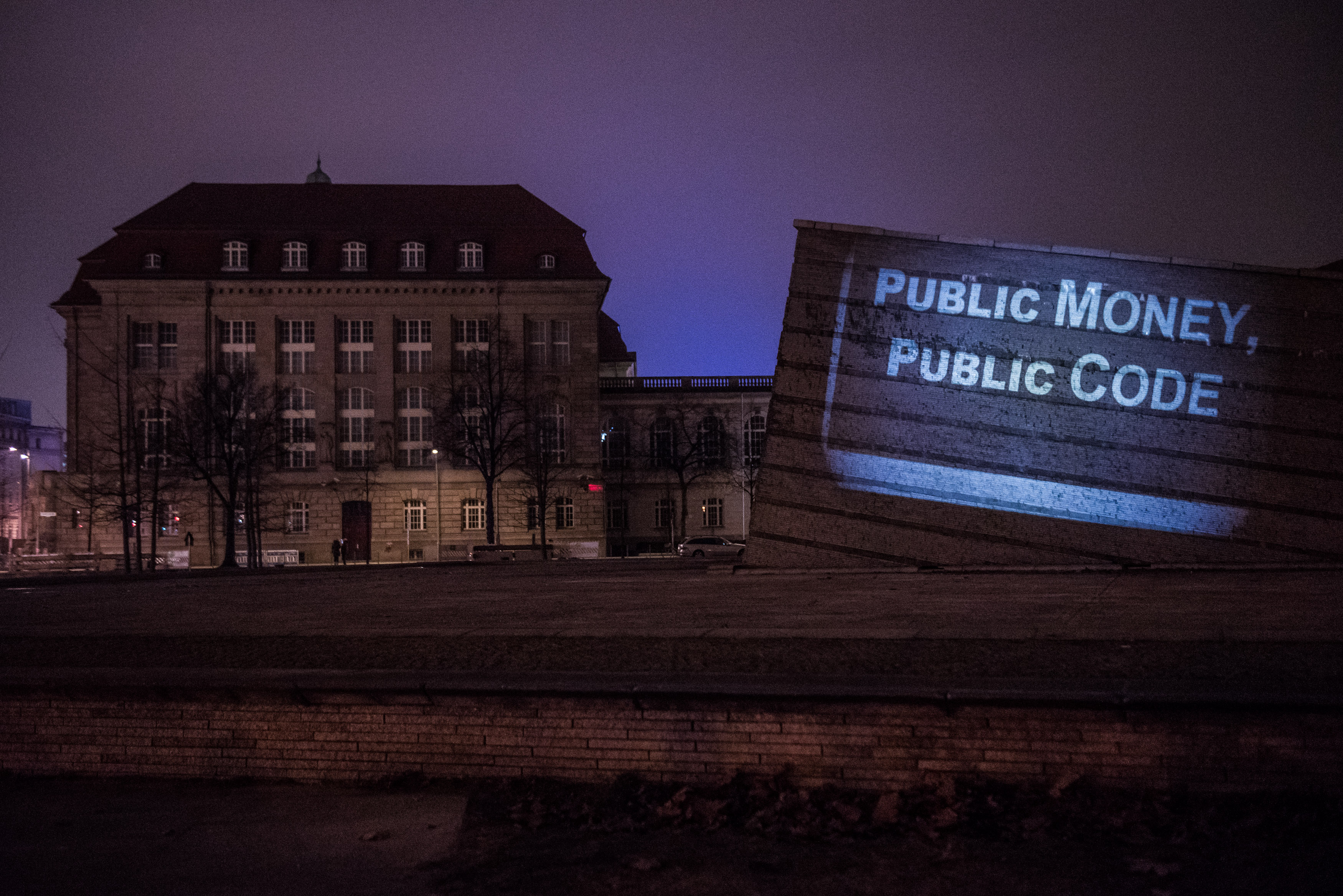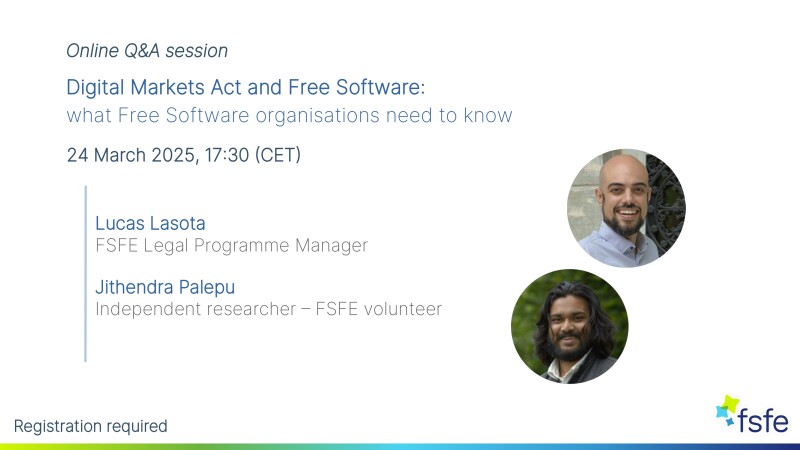Share “Ada & Zangemann” with your friends: spread this animated movie and gift the book!
lundi 17 mars 2025 à 00:00Share “Ada & Zangemann” with your friends: spread this animated movie and gift the book!
Thanks to our supporters and volunteers, the inspiring story of Ada & Zangemann has been translated into several languages! While we work, and gather funds, to publish the book and the animated movie in even more languages, we need your help: share the movie with your friends and post it around! The book is also a perfect gift for local libraries and schools.
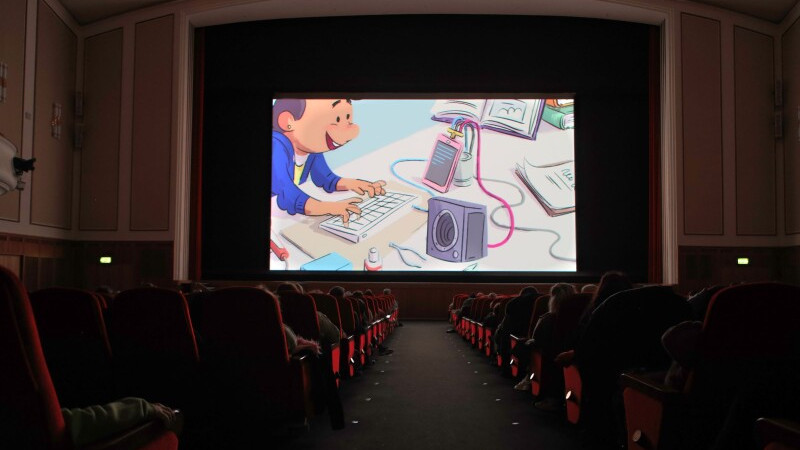
Have you ever struggled to explain why software freedom is important or why we should care about Free Software? Our story “Ada & Zangemann – A Tale of Software, Skateboards, and Raspberry Ice Cream” has proven to be a powerful tool for promoting the importance of controlling our technology, repairing our devices, and tinkering with the hardware and software we use every day. You can now share this animated movie with your friends, embed the video in your website or blog, or spread it in your social media networks.
This illustrated story explains, in a simple yet entertaining way, why it’s crucial for us, as users, to take control of our technology and stop leaving it entirely in the hands of others. While it was originally designed for children, its message resonates just as strongly with adults, making it an effective resource for sparking conversations about digital autonomy and empowerment.
Released as an Open Educational Resource, under a Creative Commons By Share-Alike Licence, Ada & Zangemann: A Tale of Software, Skateboards, and Raspberry Ice Cream describes the interaction of the famous inventor Zangemann and Ada, an inquisitive girl who loves to tinker. As Ada experiments with hardware and software, she realizes how crucial it is for everyone to have control over technology. Since its release, this story has inspired readings in schools, conferences, and events across Europe. And now, with its adaptation into an animated film, screenings are being organized, even in cinemas!
Power of our community, despite not having Hollywood marketing budgets
Help us to make others aware of this story, a useful educational resource for explaining the importance of the right to tinker and the right to repair, as well as self-determination, collaboration, and freedom of speech. Share the movie, currently available in English, French, German, and now also in Spanish! To access the film and download links, visit ada.fsfe.org/movie.
So please don’t wait: send it to friends, e-mail it to your co-workers, and share it online! Every person watching the movie might be an active member of the movement for software freedom in the future.
Want to do more? Organize readings and screenings
Would you like to spark children’s interest in STEM in general and coding in particular? Would you like to talk with them about the importance of software freedom? Then you can host a reading at your local library, screen the film at your child's school, or organize a workshop at a cultural center. For example, a school in Marbella read the story in class, and students wrote letters to Zangemann; in another event, children sketched their own invention ideas; and at several gatherings, kids enjoyed home-made ice cream. Even more: you can gift the book to your local library, so everyone can borrow and read this tale! Let’s help even more people discover Ada’s story!
Visit ada.fsfe.org for all the resources you need to organize a reading, including posters, postcards, and stickers, which we will send you for free! You will also find a presentation to guide your reading and much more.
Ready to take action? Start planning your event today. Don’t forget to share your experience with us! We’d love to see how Ada’s story comes to life in your community!
